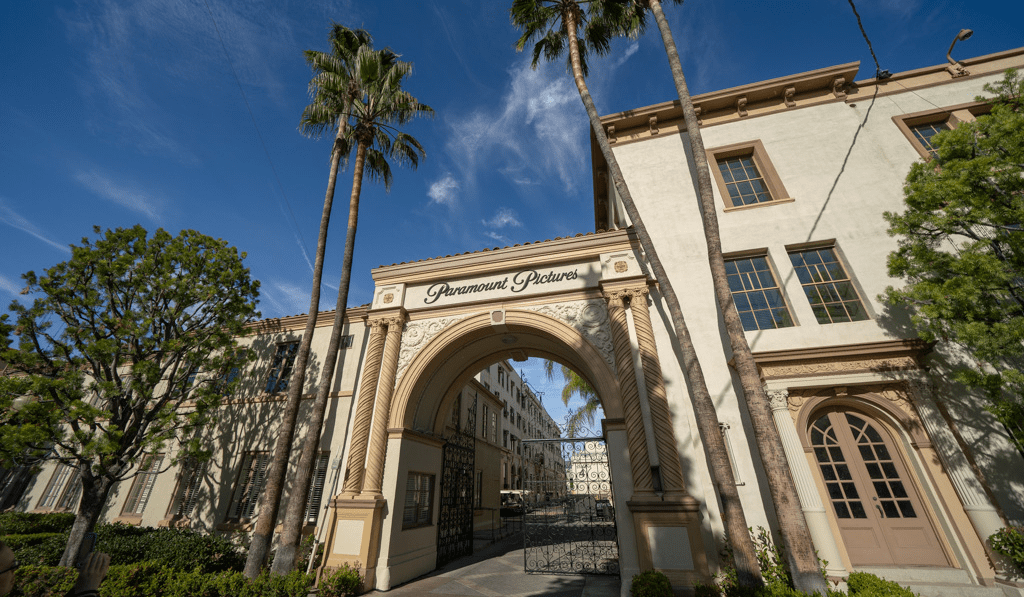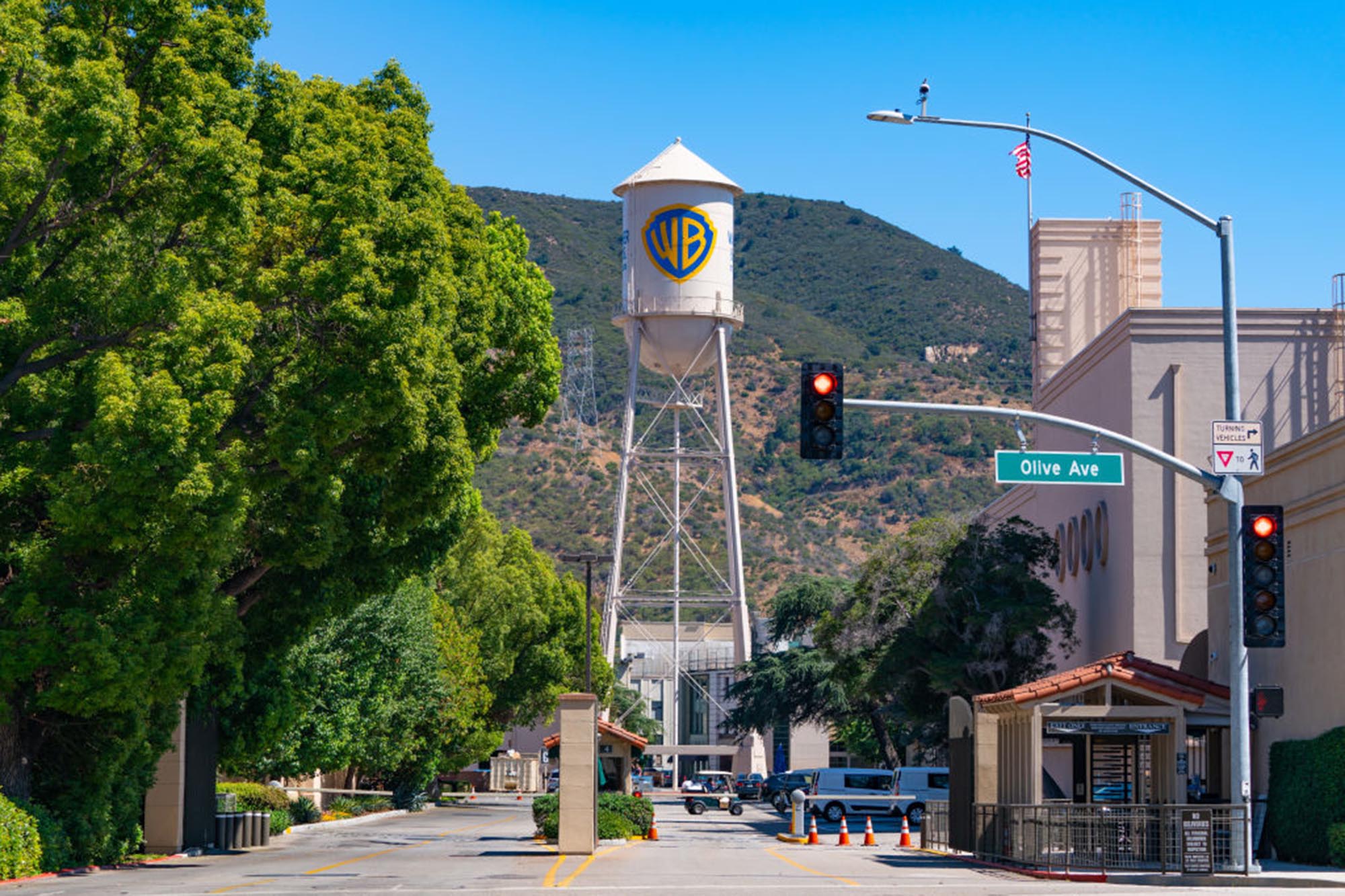Whether you adore it or despise it, the Barbie movie stands as the year’s cinematic triumph, grossing over $1.38bn (£1.1bn) in box office sales to date. Commissioned by Warner Bros on a reported $145m budget, much of the film was shot in the United Kingdom, contrary to its Californian dreamland representation.
Barbieland, Barbie’s pink utopia, was meticulously crafted to mirror a toy-version of California. Yet, its true genesis took place within the confines of Warner Bros studios in Leavesden, Hertfordshire. This film is part of a burgeoning trend of big-budget films and high-end television projects that are entirely or partially created on UK soil.
Last year, according to the British Film Institute (BFI), overseas investment accounted for the vast majority of the monumental £6.27bn spent on such productions, a record-breaking amount. However, strikes by actors and screenwriters in the US have forced a number of UK-centric projects into limbo, casting doubt on whether this figure will be surpassed in 2023. Still, the long-term forecast remains promising.
Rapidly increasing demand for studio space has proved advantageous for individuals like Frank Khalid, owner of West London Film Studios. Located within a rather plain industrial estate in Hayes, not far from Heathrow Airport, the exterior barely radiates the Hollywood glitz and glamour. Nonetheless, its five sound stages have accommodated renowned talents such as Sir Anthony Hopkins, Renee Zellweger, Matthew McConaughey, and Emilia Clarke.
Well-known productions like The Imitation Game, The Gentlemen, Bridget Jones’s Baby, and all three seasons of Apple TV+’s high-profile drama Ted Lasso, have been filmed here. Across the way, four more expansive stages near completion, the outcome of a £23m expansion project.
When Khalid gained possession of the company a mere 15 years ago, the landscape was drastically different. The studio acquired had been shut down, his initial intent was to repurpose it as an extravagant venue for Asian weddings. However, the frequent and liberal tax incentives and the mushrooming of streaming services like Netflix, Amazon Prime, and Disney+ driving original content production, forced a shift in the backdrop. These factors, Khalid says, have had a “massive impact”, compelling him to divest from his wedding business and pivot towards film and television production.
Numerous colossal projects are in the works at the moment. Pinewood Studios in Berkshire, currently the largest UK facility, plans to erect 21 new sound stages at its Iver Heath site, leading to a total of 51. The entire project is anticipated to cost £800m. Meanwhile, Warner Bros intends to construct 11 new stages, combined with production offices and workshops at Leavesden.
“Not only tax breaks made the country appeal to foreign firms, but the quality of our crews, the availability of talent, and the world-renowned and highly sought-after on-screen acting talent from the UK played an intrinsic part,” says chief executive of the BFI, Ben Roberts.
However, this heightened demand for production facilities also imposes its share of challenges, especially guaranteeing sufficient skilled manpower. The industry is estimated to need around 20,000 additional employees by 2025.
Recent Hollywood strikes underpin how vulnerable the UK industry is to global happenings, impacting freelance workers the most. With major projects like Deadpool 3 brought to a standstill, many were laid off under ‘force majeure’ clauses with scant notice or pay, reports the film and TV union Bectu.
Yet, amidst the deluge of overseas investments, some areas of the industry are languishing. BFI statistics reveal a 31% plunge in independent filmmaking spend to £174m last year. Film producer and London Film School lecturer, Victoria Adeola Thomas warns about the escalating challenges for independent creators, stating, “The average indie film cost has increased.” While streaming platforms offer a commercial avenue for these films, the business model that reduces continuous payments to content creators is damaging. She advises government intervention to ensure that the taxpayer’s money circulating in the industry benefits all and not just large multinationals.
















